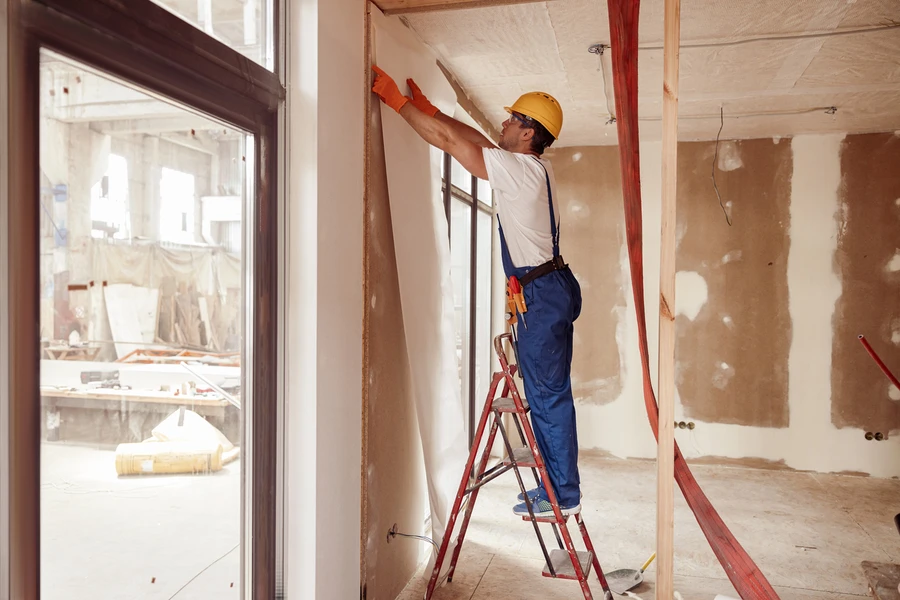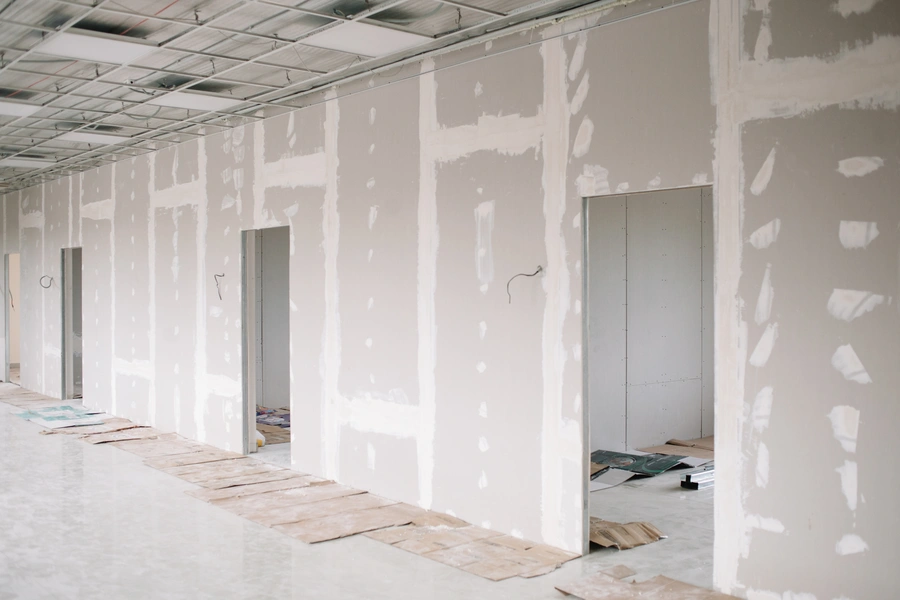Common Errors in Preparing Walls for a Perfect Paint Job
Painting a room can transform its look and feel, but the quality of the paint job often depends on the drywall beneath it. Proper preparation is key, and any missteps during drywall installation can result in an uneven finish. Understanding these common mistakes can help you avoid them and achieve a smooth and professional-looking wall surface.

Poorly Sealed Joints
A frequent mistake in preparing walls for painting is neglecting to seal joints properly. If the joints between drywall sheets are not sealed effectively, they can become visible after painting. This occurs because unsealed joints absorb more paint, leading to a blotchy appearance. Ensuring joints are well-taped and covered with joint compound will prevent this issue.
Using Incorrect Tools
The tools used during drywall installation have a significant impact on the outcome. Using incorrect or poor-quality tools can lead to imperfections that affect the final paint job. For example, failing to use a drywall knife correctly can cause uneven surfaces. It is crucial to invest in the right tools and learn how to use them properly.
Skimping on Primer
Skipping primer or using too little is another common mistake that affects painting quality. Primer helps paint adhere better to drywall and provides a uniform base. Without it, your paint might peel or appear patchy. Applying a generous coat of primer ensures the paint goes on smoothly and lasts longer.
Ignoring Sanding Needs
Sanding may seem like an unnecessary step, but it’s essential for achieving smooth walls. After applying joint compound, sanding removes any bumps or ridges. Neglecting this step results in rough patches that show through the paint. Make sure to sand thoroughly before moving on to painting.
Incorrect Fastening Techniques
Proper fastening techniques are crucial in drywall installation. If screws are not driven correctly, they can pop out over time, damaging the wall surface. Use the right length of screws and ensure they are flush with the drywall surface to avoid issues later.
Humidity and Temperature Issues
Environmental conditions play a role in both drywall installation and painting. High humidity levels can affect drying times for materials like joint compound and paint. Similarly, cold temperatures can hinder proper adhesion. Monitoring and controlling these factors during installation will help ensure a quality finish.
Lack of Planning
Planning plays a critical role in successfully installing drywall. Rushing into installation without proper planning leads to errors that affect painting quality. Ensure measurements are accurate and materials are prepared before starting the project. Taking time to plan can prevent costly mistakes down the line.

Your Next Steps With Professional Help
By understanding these common pitfalls in drywall installation, you can take steps to avoid them. Whether you’re updating a single room or tackling an entire home renovation, attention to detail makes all the difference. Consider reaching out to professionals for guidance. Located in Greenville, NC, we provide expert services tailored to your needs. Call us at (252) 253-0058 for assistance or visit Moza LLC for more information.
